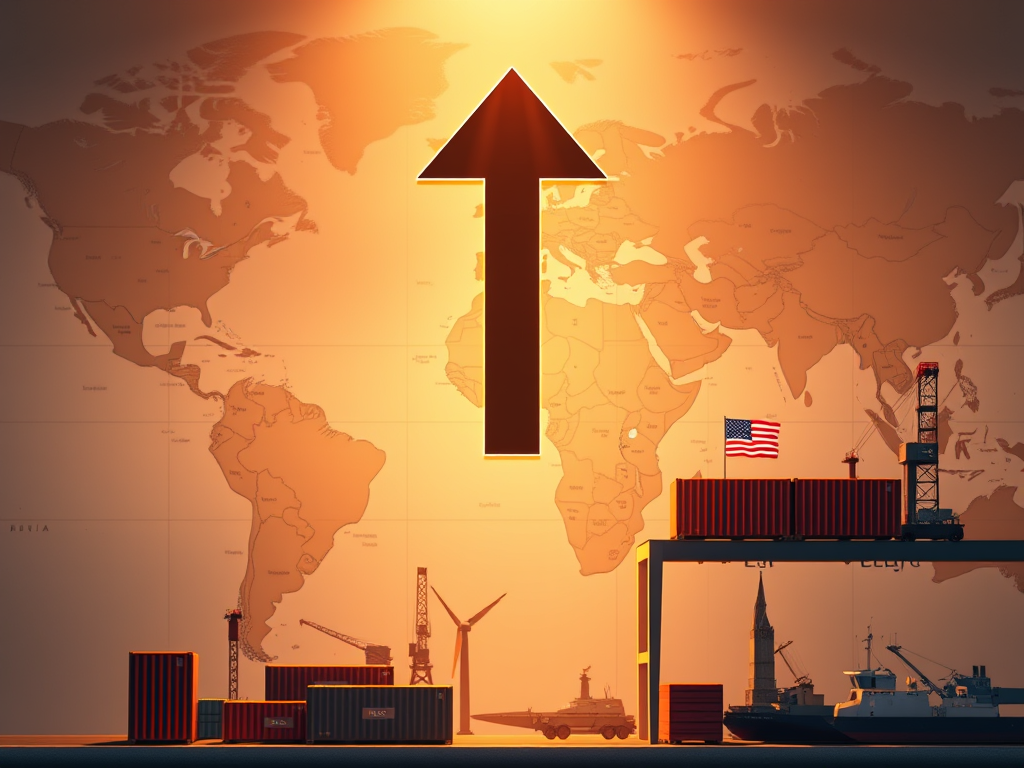In a move that has sent shockwaves rippling across the European Union, China, the world’s largest consumer of pork, has levied a staggering 62% tariff on all pork imports originating from the EU. This dramatic escalation in the ongoing trade battle between these economic heavyweights underscores a deepening standoff fraught with geopolitical tensions and potential implications for global market dynamics.
This severe tariff imposition essentially drives up the cost of EU pork by more than half for potential Chinese buyers, a move designed to make domestically-produced alternatives more appealing. While this is an escalating action in the broader context of trade rivalry, it is highly significant to consider the direct impact on the EU pork industry.
Impact on EU pork industry
China accounts for an astounding half of the global pork consumption, making this punitive tariff a significant blow to the European Union’s pig farming industry. As one of the largest exporters of pork to the Chinese market, the EU stands to lose billions in export revenues. In countries such as Spain, Denmark, and Germany, where the pig farming industry forms an integral part of their agricultural sector, the effects of this retaliation could be crippling.
Unraveling global market dynamics
This latest salvo has a far-reaching impact that extends beyond the core parties involved in the dispute. The ripple effects will inevitably be felt across global markets as alternate supply chains have to be forged, existing inventories reassessed, and consumer prices adjusted. Other pork-producing nations like the United States, Brazil, and Canada may see opportunities to fill the supply void while fully aware that they themselves could be the next targets should their trade relationships with China sour.
Geopolitical undercurrents
This heightened trade conflict between China and the EU reflects the intensifying geopolitical tensions currently playing out on a global stage. The factors leading to the pork tariff are complex, encompassing broader trade disagreements, diplomacy, and alleged intellectual property transgressions. As this conflict continues, it serves to destabilize already delicate international relations, with likely repercussions extending into spheres like technology, energy, and foreign policy.
China’s domestic strategies
One crux of this issue lies within China’s own borders. By imposing such a hefty tariff, China is clearly signalling its intent to bolster its domestic pork industry. Amid fears of a pork shortage due to the ongoing battle with African Swine Fever, the tariff could be a strategic move to encourage increased domestic production and reduce dependency on foreign imports.
Moving forward
As the smoke clears from this startling development in the ongoing trade wars, it becomes clear that the implications reach far and wide, potentially altering the facets of global economic dynamics, world politics, and national strategies. The world watches and holds its breath as it waits to see just how the EU will respond, shifting the gaze toward Brussels while the important questions still remain: will common ground be found, or will escalations continue to disrupt the interplay of international trade?






